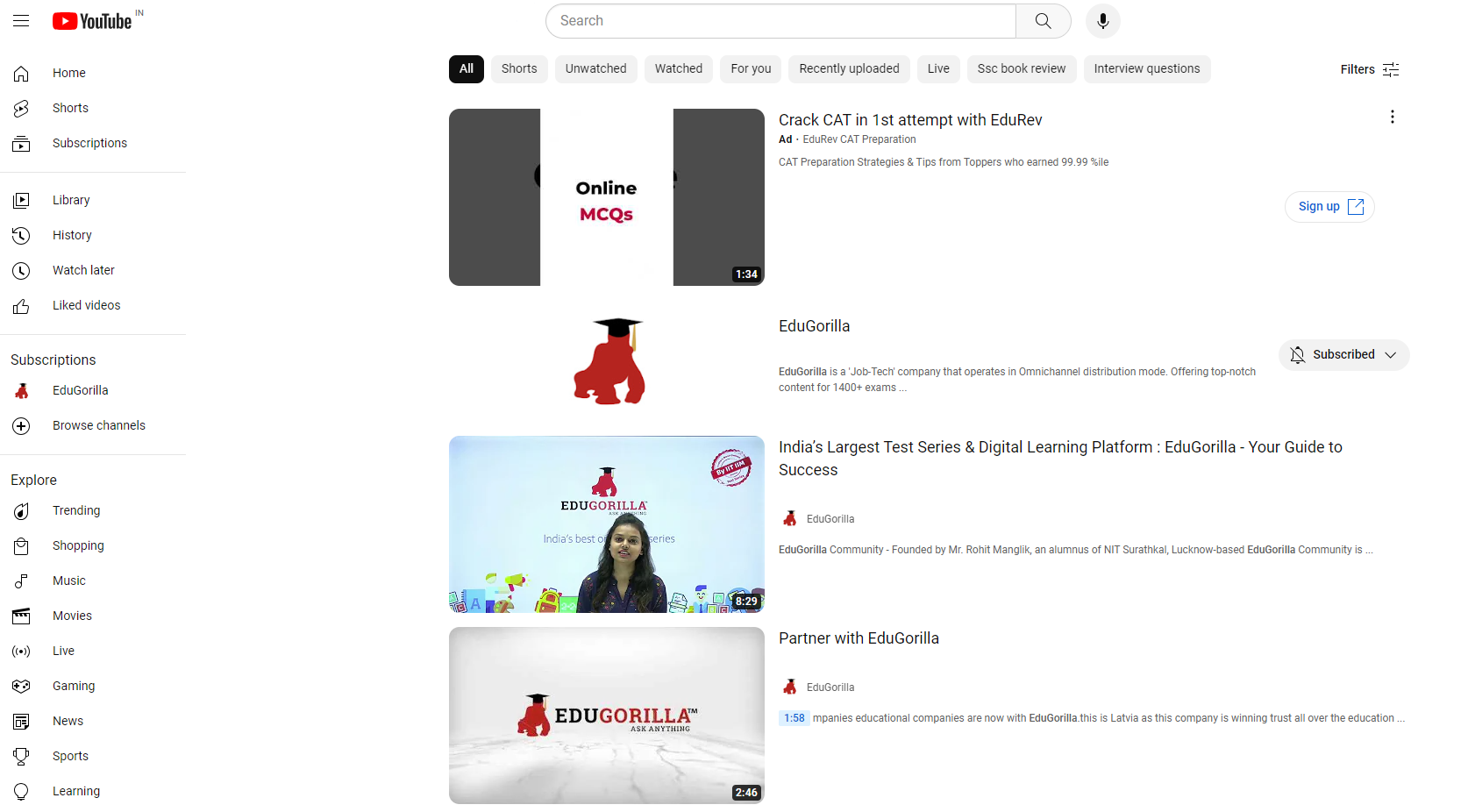The best way to teach anything to anyone is to understand how the student’s mind works. No other branch of study teaches the intricacies of the mind of students than Educational Psychology. So let’s check out how you as a Teacher can implement Educational Psychology in your Teaching Methods to optimize the student’s learning curve.
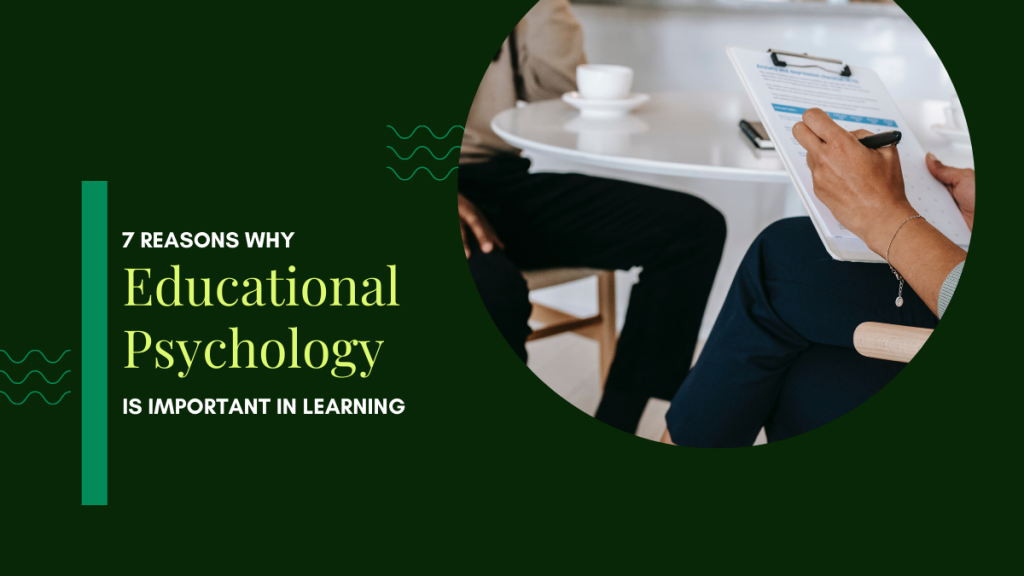
What is Educational Psychology?
Let’s address the first and most important question that most people don’t understand about educational psychology. When most people think about psychology, they think of counselling as a remedy for emotional difficulties like anxiety or depression. But in reality, it has nothing to do with any kind of mental problem.
“Educational psychology helps in evaluating the learning and teaching experiences.”
Understanding Educational Psychology
Educational Psychology uses various theories to analyse individual learning and improve the teaching process.
The educational system nowadays is quite complicated. There is no one-size-fits-all strategy for learning. Thus, educational psychologists are focused on finding and researching learning processes to understand how people acquire and retain new information.
- While the connection with teachers and children in school settings is crucial, it is not the sole aspect of their employment.
- Learning is a lifelong pursuit. People learn not just at school, but also work, in social interactions, and even when performing ordinary duties like domestic chores or running errands.
- In this domain, psychologists investigate how individuals learn in a range of circumstances to discover techniques and tactics for improving their learning effectiveness.
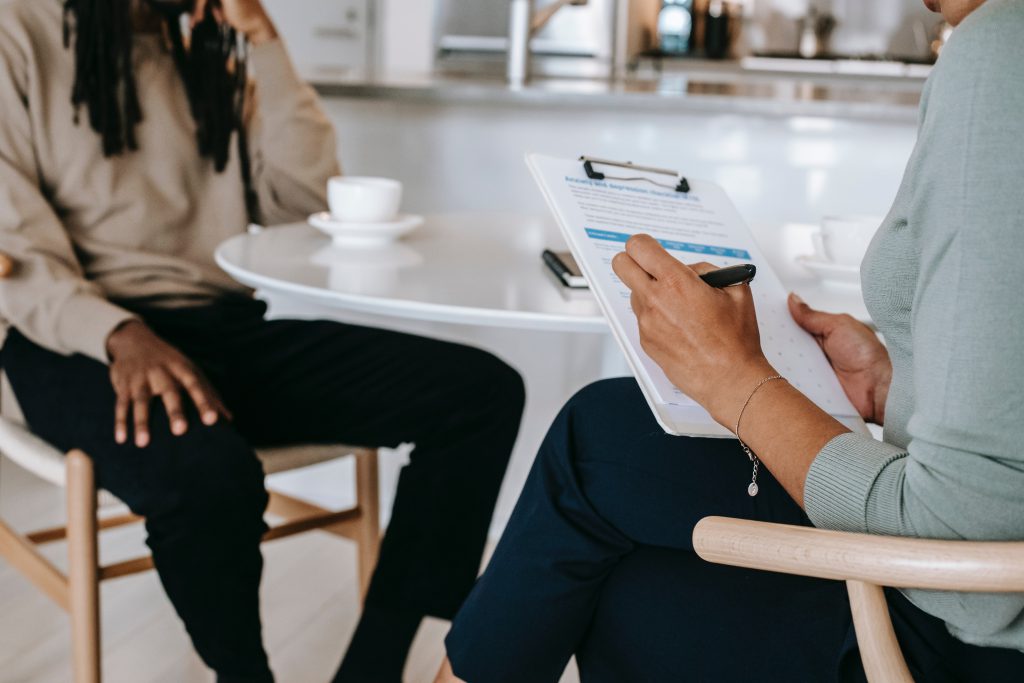
Some imperative aspects of educational psychology that mostly impact the teaching and learning experience are mentioned below.
Human Behaviour
Educational psychology investigates the concepts that regulate growth and development of students. It is an aid in scientifically developing and implementing learner-focused educational programs. The study of educational psychology revolves around the learner’s behaviour towards the experience he/she is getting. As a result, recognizing developing ways to teach the learner more efficiently.
Many new educational platforms like Gibbon are implementing these principles. Gibbon, a platform designed for teachers is specially made keeping the educational psychology concepts in mind. Using the solutions provided by Gibbon, educators will be able to expand their network and grasp over the learners and their psyche.
Helps with Learning Experience & Process
Educational psychology is primarily concerned with the proper operation of the teaching-learning process. The classroom atmosphere and group dynamics, tactics and aids that assist learning and evaluation, advice and counselling, best learning techniques and practices, and so on are all covered here.
The effectiveness of the learning process is always dependent on assessment since it provides information about results that both the student and the instructor may use to alter or correct themselves. Educational psychology practices are helpful in describing the many ways of evaluation that contribute to the success of the learning process. The study of educational psychology focuses on knowing the student, obtaining the necessary skills in teaching, and evaluating.

You learn the Art of Setting Goals
Educational psychology’s principles help in enhancing the learning process so that the learner can challenge themselves to increase their self-efficiency towards larger goals. Setting short-term, particular, and moderately demanding goals at first boosts motivation more than long-term, generic, and outlandishly challenging goals. It will help you prioritize learning methods and curriculum to maximize knowledge absorption by the students.
Learn to Build Teacher-Student Relationship
Interpersonal interactions and communications are crucial to the teaching-learning process as well as students’ social development. Educational psychology also helps by improving the student’s relationship with the teacher or peers in a classroom environment. The learning experience obtained as a result will also help in building up the self-esteem or the emotional well-being of the learner.

Counselling & Guidance
Educational psychology has stepped in to help by establishing ideas and practical measurements that may be used to provide effective guidance and counselling. Education is meaningless unless it provides the necessary advice and counselling for the child’s optimal growth. This is absolutely true, especially in light of the incredibly complicated and challenging position that one must face in today’s rapidly changing world.
In these tough and challenging times, the students are focusing on getting proper counselling and learning guidance through online channels. Gibbon is such a platform that is a hotspot for students to gather and discuss such topics. The teachers and institutions also help in building such environments where students can freely ask questions.
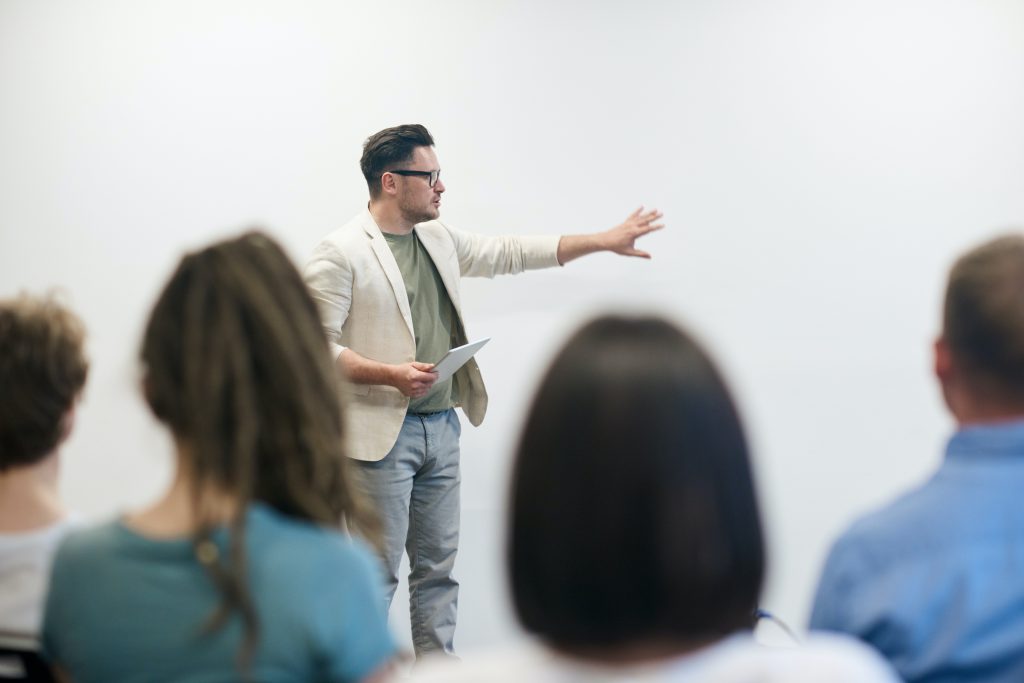
Inspiring Self-Regulation in Student
A student’s self-regulation can be enhanced if properly taught the basics of educational psychology. Teachers can help students learn organizational skills by emphasizing learning objectives at the beginning and end of lessons, using classroom calendars, emphasizing difficult concepts that will require more practice, breaking large projects into manageable components, using well-designed rubrics, and allowing sufficient processing time through questioning, summarising, and practice.
Self-control, organization, planning, and memory methods are all examples of self-regulation abilities that may be taught through direct instruction, practicality, and classroom management. Students of psychology can use these findings in their own study habits, such as learning to develop self-control by minimizing distractions such as cell phones and social media. Students might also be encouraged to create experiments relating to attention restrictions and debate the practical consequences of their findings.
Enhance Creativity and Problem-Solving
Creativity is seen as an essential talent for the technologically driven world of the twenty-first century, and because it is not a fixed attribute, it can be taught, developed, and enhanced using educational psychology tactics.
This concept outlines particular strategies for arranging projects to encourage creativity, as well as suggestions for creative problem-solving. Opportunities for student-designed research projects, demonstrations, video projects, and model construction may all contribute to creativity in the psychology classroom.
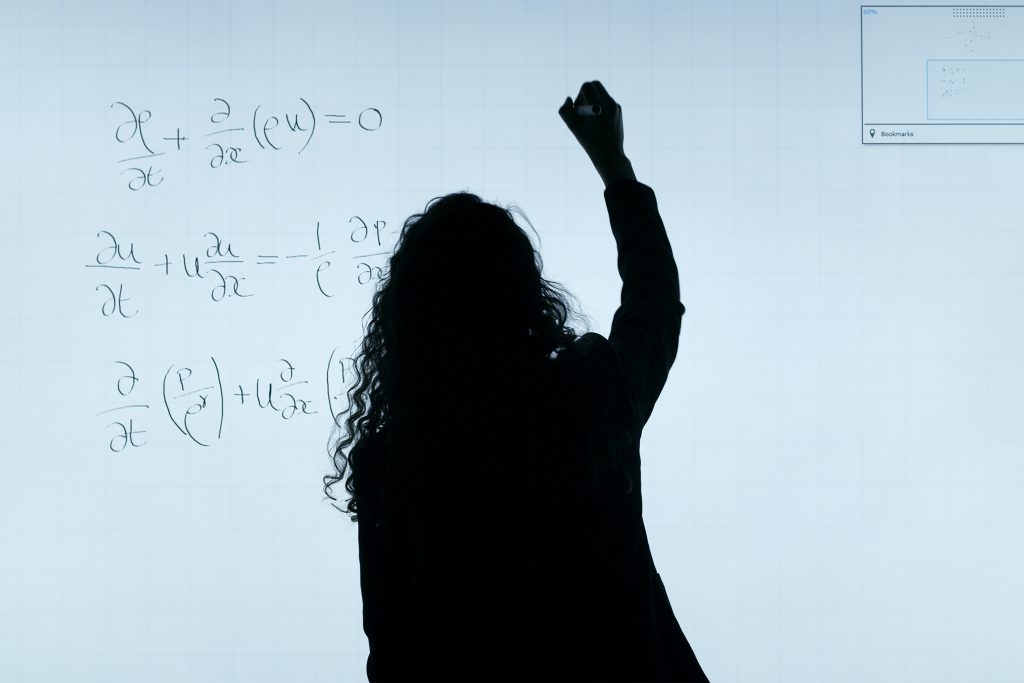
Relationship between Psychology and Education
Psychology and education are indistinguishably linked. Education is the alteration of behaviour in the desired direction or in a controlled setting, whereas psychology is the study or science of behaviour. It is vital to study behavioural science in order to modify or change one’s behaviour. Education and psychology are therefore logically intertwined.
The developmental phases of children are highly important variables that a teacher must understand in order to be a great teacher.
ABOUT GIBBON:
Gibbon is a Plug and Play solution offered by EduGorilla, for anyone with a skill to teach. Gibbon helps you to take your classes online and earn independently.
- Gibbon gives you the ability to conduct & record LIVE classes, host unlimited video courses, provide online mock tests, and conduct online tests with LIVE proctoring abilities.
- Gibbon also provides you ready-made content of 1600+ Competitive, Entrance, and Academic exams from around the country.
- Gibbon helps you reach out to more students online and get a complete marketing setup.
- We have helped more than 3000 Brands, 10000 Institutes, 20000 Teachers and 2 Crore Students, transform their education and future.
Gibbon stands for “Online-Ready Teachers for a Future-Ready India”.
To get started, book your free demo now.

Frequently Asked Questions
Question: How does educational psychology affect learning and teaching?
Answer: The implementation of psychology in education helps to improve the learning process and promote educational success for all students.
Question: How education psychology is important for the teachers?
Answer: Educational Psychology helps teacher to know that how learning takes place. It helps teachers to guide the students in right direction in order to canalized student’s abilities in right direction.
Question: How are education and psychology connected?
Answer: Education is the alteration of behaviour in the desired direction or in a controlled setting, whereas psychology is the study or science of behaviour.
Question: What is the importance research in educational psychology?
Answer: The purpose of educational research is to develop new knowledge about the teaching-learning situation to improve educational practice.




